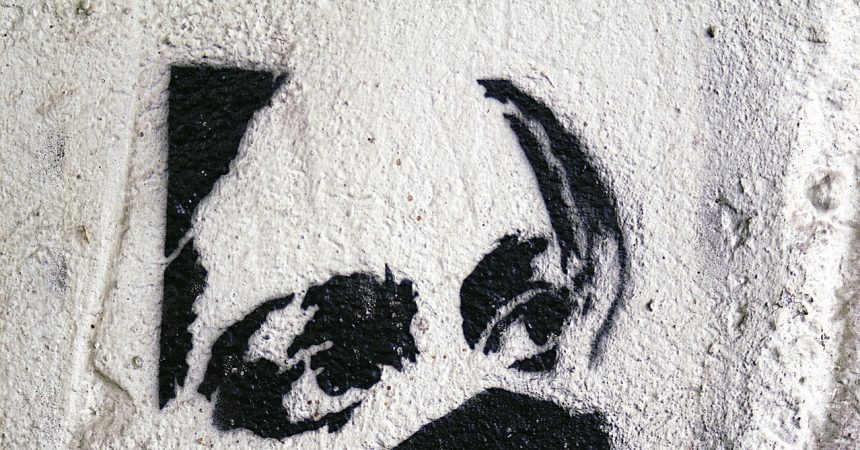Online harassment of women is “worse in tone, much more personalised, often sexualised and often violent,” according to Professor Karen Ross, who has been researching gender and the media for 25 years.
“As you know very well in your country,” she added, referring to the 2017 murder of Maltese journalist Daphne Caruana Galizia. “Men receive abuse too, but their kind of abuse is softer,” she said.
Ross, who is a professor of gender and media studies at Newcastle University, formed part of a panel of local and international academics at a seminar titled Gender, Politics, News: Research Trends and Shifting Interests, organised by the Media and Knowledge Sciences faculty at the University of Malta.
She pointed out that there have been positive changes in traditional media, “but more dangerous and more sexist developments on social media than we’ve ever seen before”.
President of the Malta Chamber of Psychologists and academic Marilyn Clark, who has also been researching the matter on a local scene, said that she has found that female journalists experience a specific type of intimidation.
Although male journalists are more exposed to physical attacks, violence towards women was “more sexualised” and was done “online with the possibility of (attacks) happening in real life”.
Media academic and anti-corruption activist Louiselle Vassallo, who also formed part of the panel, described the level of abuse as “quite incredible. They “do reserve the juicy comments for women, and if you answer back it becomes worse when you try and report this type of abuse, it’s very difficult”.
Turning to female journalists in Malta, Clark said that despite there being more women who are enrolled in journalism courses, they were paid less, have shorter careers, and were less likely to make it into decision-making positions.
Speaking from her own experience, Vassallo said that although she took on various opportunities as a woman within her media career, she felt that people were more likely to doubt her ability because of her gender. “In Maltese newsrooms, they tend to give the more difficult stories to the men,” she added. “Women get discouraged because they are not encouraged and they settle for that. There has been an improvement, but not at a rate that people would like to see it at,” she said.
Media academic Carmen Sammut spoke about her difficulty to enter journalism in the 1980s and the general lack of women in the political sphere today. “The percentage of women in politics is about 10%,” she said. “We have been running on the spot for 52 years, as back there, there was the same percentage as today”.
Sammut gave an example of how female politicians are discriminated in the media and brought up an article about EU Commissioner Helena Dalli that “emphasised that she was a failed actress” and “her experience in politics or the fact that she had a Ph.D., was only mentioned much further on in the article”.
Dean of the Faculty for Social Wellbeing, Andrew Azzopardi said that it was very clear that Malta had a misogynistic political landscape. “Most of civil activism is being led by women, it’s sort of confusing. It is clear that women can lead but once the system comes into play they are stopped,” he noted.
Discussing the way forward, the panel agreed that “persistence is the way forward”. Ross listed why such persistence is important. “Democracy is not served by silencing women,” she said. “It is important in order to have accountability, diverse perspectives, role models and realising our potentials”.
Clark explained that it was the legal frameworks in place within the country that differentiated how harassment was dealt with. “Legal frameworks in some countries allow journalists, or anyone who is harassed, to tackle their situation through the system,” she said, citing Finland as an example where the framework is present, and Azerbaijan where it is not.
Gender studies academic Brenda Murphy said there has been an increase in awareness around gender and the media in Malta, however, she feels that “to bring about change you need a foundation to push policy forward”.
During the seminar, Murphy launched a new foundation called Mediating Women, which will strive to push policy forward in the field of gender and media, using the pool of research available locally.













